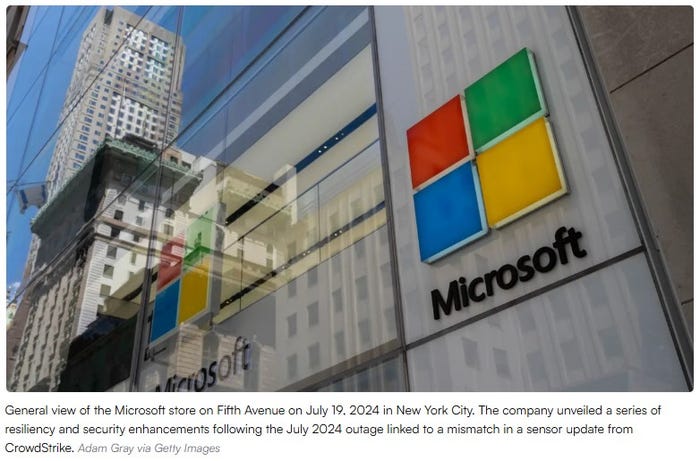The telecom industry looks rotten to the core

These are dark times for the telecom sector – as cheerless as this correspondent has witnessed since he arrived on the industry scene (not as a reporter) nearly 25 years ago.
To all but diehards, the 5G standard that was supposed to unlock opportunities has failed to make telcos fitter and happier, leaving them winded by rollout costs without the endorphins of new growth. Big operators tracked by this site have hemorrhaged about 384,000 jobs since 2015, when yours truly joined Light Reading. Given impetus by AI, the carnage continues, spilling into the vendor community as well. Ericsson and Nokia are cutting up to 22,500 jobs between them.
Nobody has a good answer. Having watched customers slash investments this year, the Nordic vendors say telcos will eventually be “forced” to spend on reinforcing their networks or drown in a torrent of gigabytes. This is about as upbeat a sales message as Pfizer telling sick people they must buy its vaccines to survive. Operators don’t want merely to linger in poor health, gradually amputating diseased parts. That condition would obviously not be in the long-term interest of their suppliers, either. But connectivity revenues in saturated, uber-competitive markets are under pressure. And the “beyond connectivity” pitch sounds increasingly desperate.
EE’s big diversification plan is to sell fridges and coffee machines. If that seems like a joke, it was the headline of a Financial Times story (subscription required) published this week as the UK operator, a part of BT Group, announced efforts to sell various retail products through a revamped online store, alongside the phone subscriptions it already provides. James Crawshaw, a principal analyst with Omdia, was unrestrained in criticisms published on LinkedIn.
“Why not try consumer electronics retailing? That seems like a highly profitable market with limited competition. NOT,” he wrote. “This has to rank as the dumbest idea I have seen in telecom ever. And I’ve seen a few.” While others were less derogatory, it is hard to imagine consumers preferring a telco to Amazon – currently able to bundle in TV services and free parcel delivery for the unprincely sum of £7.92 (US$9.62) a month – as a general shopfront.
API campers
Unfortunately, other ideas are not much better. Right now, much of the industry is captivated by application programming interfaces (APIs), the joinery between software developers and untapped features of the 5G network. The idea is that developers pay for access to those APIs and write snazzy 5G applications, proving the generation now entering middle age was worth it after all. But even some telco executives doubt if developers will share Ericsson’s enthusiasm for the value of these APIs. The Swedish firm last year spent $6.6 billion on Vonage, positioning it as a network APIs platform, and this year wrote down its investment by nearly $3 billion. Ouch.
Outside telecom, sadly, these features don’t sound very interesting on a planet where AI can now write your college dissertation. The most trumpeted is quality-of-service, which, er, supports better-quality connections, something 5G was supposed to do anyway. Others can be used to pinpoint location even more accurately than GPS. A generative AI-type breakthrough this is not.
To read the complete article, visit Light Reading.



